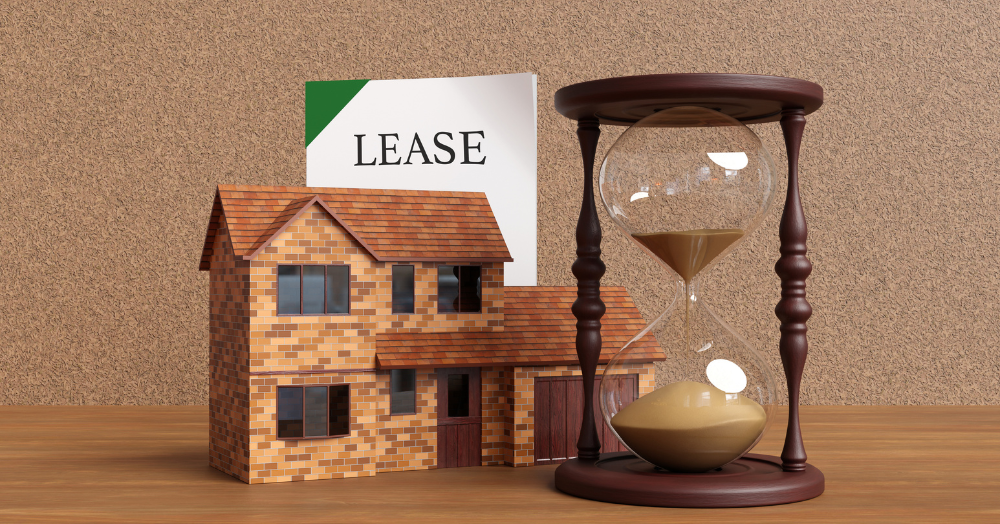
Explaining Leasehold ownership
When you own a leasehold property, you do not have ownership of the land it occupies. For apartments, possession typically excludes shared areas such as hallways, stairs and the buildings structure. Learn more about Leasehold ownership below:
In the United Kingdon there are two primary forms of property ownership, freehold and leasehold.
With the exception of a very few commonhold properties all flats are owned on a leasehold basis.
The owner, known as the leaseholder, owns his/her share of the building and the freeholder retains ownership of the land upon which it stands.
Leases are normally for 99, 125 or 999 years, but are all diminishing assets as at the end of the lease the building reverts to the freeholder.
The leaseholder will normally pay an annual ground rent to the freeholder.
Whilst all new leases after 30th June 2022, or 1st Apri 2023 for retirement properties, are limited to a peppercorn as the annual rent (effectively nil), all leases dating from before that time will have some element of ground rent.
This may be a fixed figure through the entire length of the lease but more often there will be some mechanism in the lease to increase the rent at given timescales.
Often the new rents are fixed within the original lease, but in many modern leases rents may be set to double at given intervals, be linked to the Retail Price Index or linked to the capital value of the property.
Some of these are known as 'onerous ground rents' and there has been something of a scandal where houses which could have been sold freehold have been sold on lease with onerous ground rents giving an ongoing income stream to the developer.
Lending institutions may not grant mortgages where there are onerous ground rents which, in turn, can cause problems when a leaseholder comes to sell.
Leaseholders have a statutory right to extend their lease and reduce the ground rent to nil, but are required to pay a premium to the freeholder. This becomes much more costly as soon as the lease falls below 80 years. A majority of leaseholders can band together to collectively purchase the freehold of their property and grant themselves new 999 year leases at nil ground rent.
The Government is introducing a new Leasehold and Freehold Reform Bill which is part way through parliament (as at 1st March 2024) which will give more rights to leaseholders and may reduce the cost of extending a lease. However none of this is yet certain as the contents are watered down as it completes each stage through both Houses of Parliament.
We are seeing circumstances where once the remainder of the lease falls below 80 years that either the property cannot be sold or at the very least not for the full market value, the renewal of the lease whilst costly protects against this circumstance It could well be worth checking your remaining lease length and perhaps planning for the future.
We are able to provide this advice for you at Perry Bishop with a specialist Surveyor in our company qualified to assist, please get in touch for guidance and fee advice.